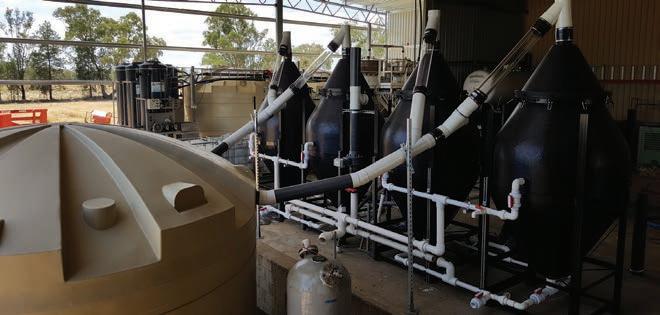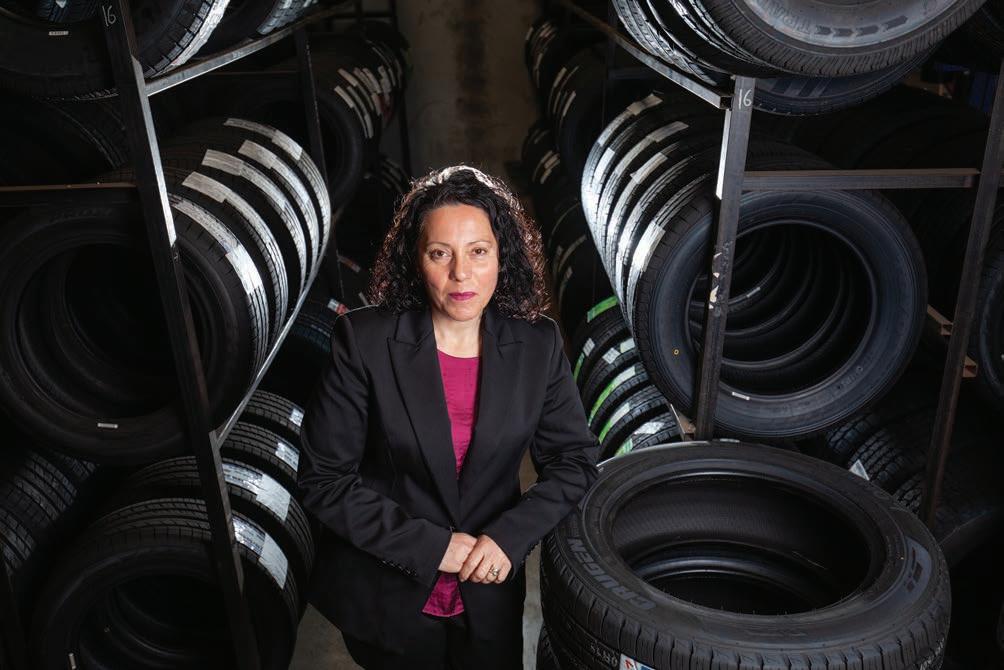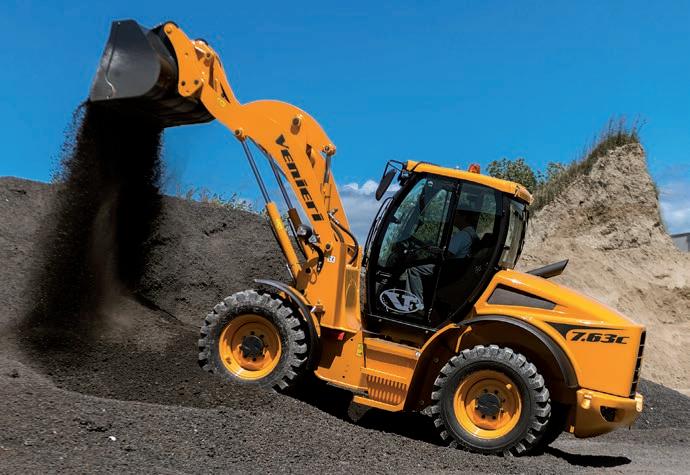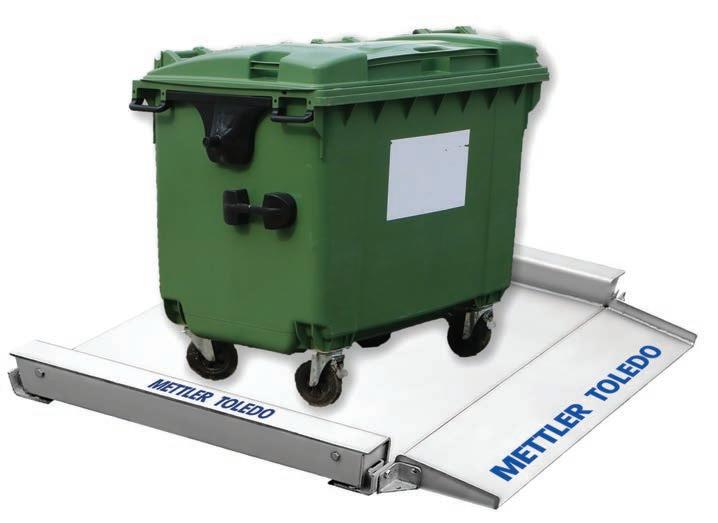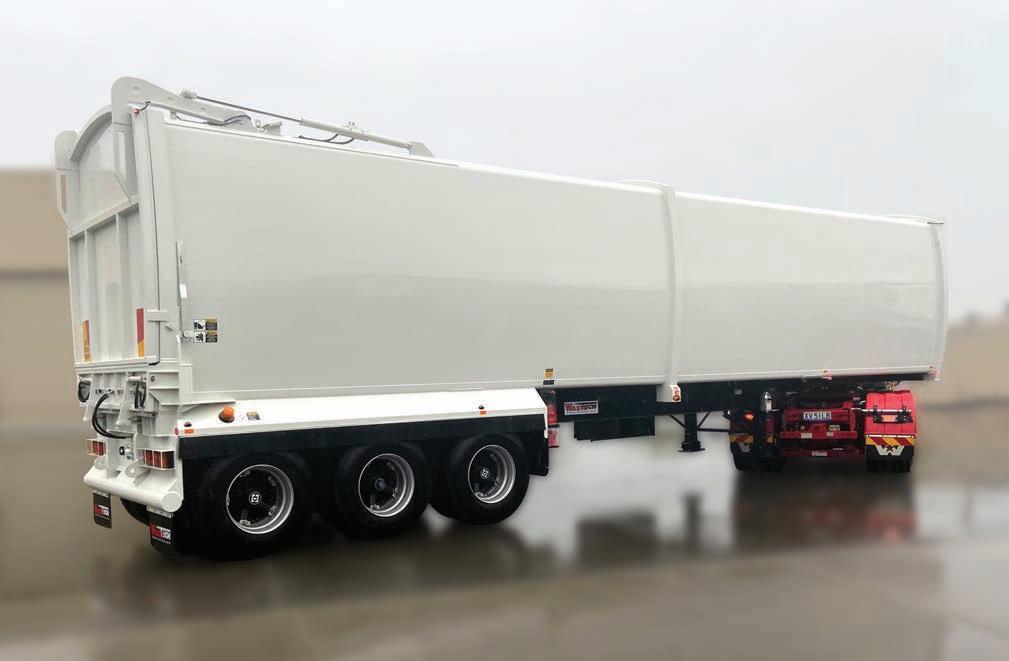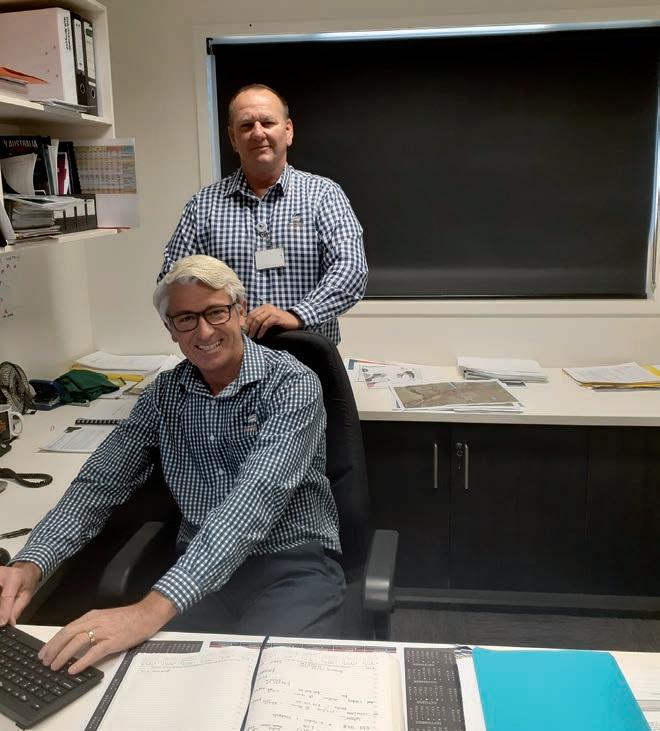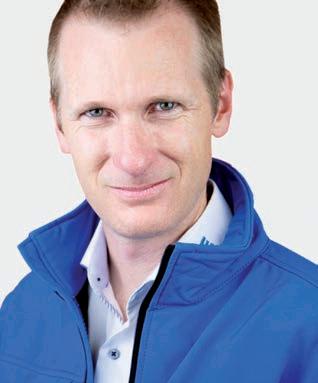
7 minute read
REUSE, REPAIR, RECYCLE
PRODUCT STEWARDSHIP SUCCESS SHOULDN’T BE MEASURED BY SIMPLY TONNES COLLECTED, BUT ALSO HOW THE LIFECYCLE OF PRODUCTS IS EXTENDED. MOBILEMUSTER’S SPYRO KALOS EXPLAINS.
When the Federal Government released its review of the Product Stewardship Act 2011 in July, Environment Minister Sussan Ley highlighted the contentious issue of free riders.
Notably, Ley said companies face being “named and shamed” for not participating in a product stewardship scheme. While free riding is a challenge for many voluntary approaches to product stewardship, MobileMuster has proved to be an exception.
As the federally accredited product stewardship program for the mobile phone industry, MobileMuster is voluntarily funded by all the major handset manufacturers and network carries in Australia. Currently, 92 per cent of manufactures and 94 per cent of carriers participate in the scheme.
According to Spyro Kalos, Head of MobileMuster, the notably high participation rate has been achieved though constant engagement with the
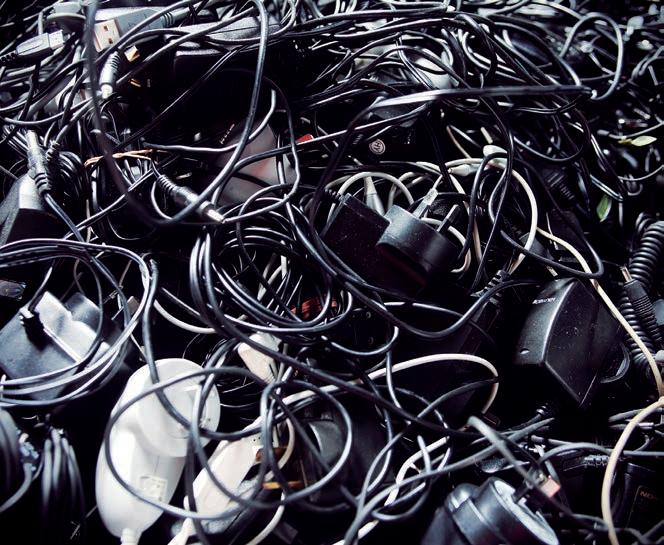
In 2019-20, MobileMuster achieved a recovery rate of 98 per cent.
Spyro Kalos says MobileMuster is committed to motivating consumers to extend the life of their devices.
market.
“The market is always changing with new brands coming in, so we are constantly working with the industry and reaching out to new entrants,” he says.
“When you talk to these brands about the program it makes sense to them, and when we’ve got 92 per cent of the industry participating, that’s a real differentiator.”
Under the Product Stewardship Act 2011, accredited voluntary product stewardship arrangements are required to provide audited annual reports for the Department of Agriculture, Water and the Environment. And in late October, MobileMuster released its 2020 report.
The annual report highlights the program’s positive performance against key indicators for the year, while also detailing the broader work MobileMuster undertakes to get more people making sustainable choices and recycling their unwanted mobile phones and accessories.
“The real stand out for us is that we collected 84.7 tonnes of mobile phone components in the 2019-20 financial year,” Kalos says.
“We also continue to have a high recovery rate – 98 per cent – which is something we’re very proud of and
have worked tirelessly to achieve with our recycling partner TES.”
MobileMuster is committed to establishing trust in the program and increasing awareness around the environmental and climate change benefits that come from recycling.
It has raised overall awareness, with 70 per cent of people now aware of mobile phone recycling.
Another key indicator highlighted in the report is accessibility, which Kalos explains is a new KPI introduced after MobileMuster’s reaccreditation under the stewardship Act.
“We have a target of 80 per cent of Australians living within 10 kilometres of a MobileMuster site, and have achieved a rate of 96 per cent,” he says.
“We want to make it as easy as possible for people to recycle their mobile phones and we don’t want accessibility being a barrier. There are other barriers to recycling, but accessibility shouldn’t be one of them.”
One of those barriers is data concerns, Kalos says. He adds that product stewardship schemes need to start playing a more tactical role in helping consumers make informed decisions.
“Consumers tend to be unaware of how to transfer or delete their data, and because of that they store their old devices at home rather than recycling them,” Kalos says.
“We’ve developed tools, resources and videos that help educate people on how to better manage their data so they can make the decision to either recycle their phone, sell it or pass it on.”
MobileMuster estimates that 24.5 million phones are currently in storage, with 20 million still in working condition. Ensuring fewer working phones are left in storage is part of MobileMuster’s ethos. As highlighted by the Ellen Macarthur Foundation’s 2019 Completing the Picture report,

the more a product is utilised, the larger the savings are in terms of resources, labour, energy and capital.
Furthermore, by keeping products and materials in use, greenhouse gas emissions associated with new material product and end-of-life treatment are avoided.
Another key focus for MobileMuster is understanding the impact of reuse and repair on the market.
Product stewardship success shouldn’t be measured by simply tonnes collected, Kalos says, but also how the lifecycle of products is expanded.
“If we can motivate consumers to extend the life of their devices through reuse, that’s a really positive outcome,” he explains.
“I’m an advocate for market forces when it comes to repair as well, and we’ve seen our repair network grow from 20 repair stores to over 250. It speaks volumes.”
Consumers are repairing their phones more than ever before, with MobileMuster’s latest research showing that two out of three consumers have visited an independent mobile phone repair store. Additionally, the research shows that 60 per cent of younger Australians are embracing repair, and one in five Australians have brought a used mobile phone.
Despite MobileMuster’s 2020 success, the program is not resting on its laurels.
Kalos explains that there are two key projects forthcoming. The first is to go carbon neutral, and the second is to begin manufacturing MobileMuster’s collection units with the recycled plastic it collects.
“The upcoming ban on plastic waste exports is a key motivator, but more importantly, it’s about highlighting the value of the material we collect.
“I’m really excited to see how the project develops.”
Future waste leaders
THROUGH ITS FUTURE LEADERS PROGRAM, WRIQ IS COMMITTED TO MENTORING THE NEXT GENERATION OF CIRCULAR ECONOMY THINKERS AND WASTE EXPERTS.
It’s widely cited that the concept of mentoring originated in Homer’s Odyssey, with a character named Mentor guiding Odysseus’ son Telemachus through the Trogan War. While the idea of mentorship has certainly shifted since then, the power of the relationship continues.
The Waste Recycling Industry Association of Queensland’s (WRIQ), Future Leaders program is set to deliver hands-on experience as it takes participants through a journey of self discovery, explores emerging waste and sustainability issues and equips participants with awareness and tools for the future workforce.
The program is currently seeking expressions of interest from mentors and mentees nationally and from within Queensland. According to Mark Smith, WRIQ CEO, aspiring professionals within Queensland will be matched with experienced and thoughtful senior leaders for 10 months.
“During this time, the mentee/ mentor relationship will be fostered through meetings and events. The mentee will have additional opportunities to grow their professional networks and skill by participating in unique learning and development experiences,” he says.
“These experiences will also enhance their understanding of the attributes of the future leaders in not just our industry but the future workforce, which we know needs to
Mark Smith says WRIQ’s Future Leaders program will foster beneficial mentee/mentor relationships.
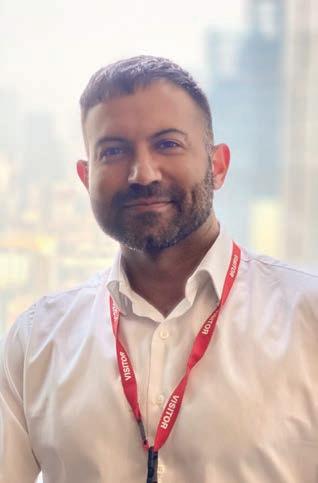
embed human connection, mental health and broader wellbeing as core leadership values.”
The program is targeted at future waste, recycling and circular economy leaders, but with the sector connected to every aspect of the economy, Smith expects other participants looking to increase their sustainability credentials.
“You will not find another leadership program like this,” he says.
The Queensland waste and resource recovery sector employs over 12,000 people and indirectly supports over 1500 Queensland businesses.
While providing an essential service to the state, Smith says the sector creates jobs and has vast environmental and social benefits.
“However, waste management is one of the world’s biggest challenges, with some global experts predicting a doubling of our sector over the next five to 10 years. We are a sector of the future in Queensland,” Smith says.
“This trajectory drives the need for effective regulation and investment in local waste and resource recovery opportunities, but also in people to forge effective relationships, create solutions and work with every other part of the economy to achieve the outcomes we all want”
Smith notes that the forthcoming ban on waste exports and the COVID-19 pandemic has greatly increased business costs and emphasised the need for Queensland to rebuild a safe, smart and sustainable local industry.
“Our workplaces have already seen major disruption due to the COVID-19 pandemic and this has provided a compelling real-time example of how our workplaces will need to be flexible and adaptive while maintaining connection and wellbeing,” he says.
“These challenges, however, present a great opportunity for future leaders to step into the waste and resource recovery industry with confidence of growth and investment.” The Future Leaders program is open to WRIQ members, other Queensland businesses, residents and non-WRIQ members. Contact mark.smith@wriq. com.au for more information.

